UNHCR, Govt Initiative: Database on Rohingya by year-end
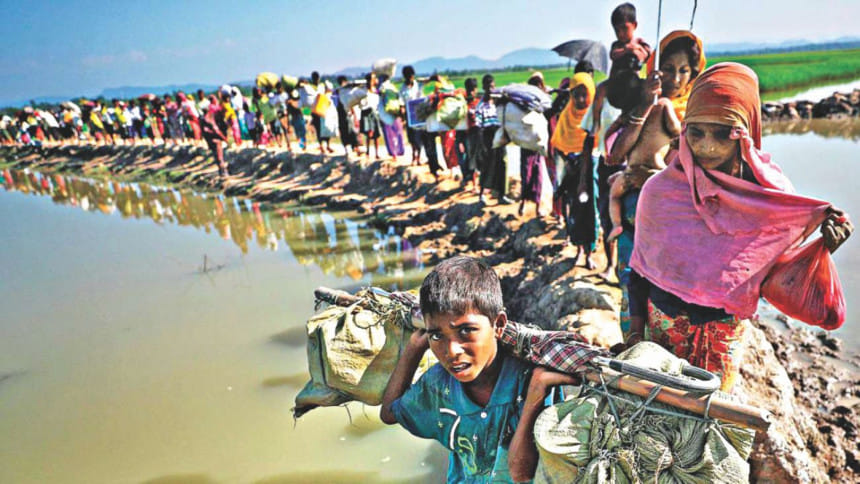
The government and UNHCR are expected to complete a comprehensive and unified database of Rohingya refugees, who fled from Myanmar, in the next five to six months.
The database will help the Rohingyas to exercise their right to voluntary return to Myanmar.
The UN Refugee Agency in Bangladesh yesterday said the verification exercise, which began on June 21, will help consolidate a unified database for the purposes of identity management, documentation, protection, and provision of assistance, population statistics and solutions for the Rohingyas.
“This exercise is a major step forward to establish the legal identity of Rohingya refugees from Myanmar," said Kevin J. Allen, UNHCR head of operations in Cox's Bazar. "It makes clear that the Rohingya exists, that their rights must be respected and that we are committed to laying the foundations for solutions”.
Over 700,000 Rohingyas fled burning villages, killings and rapes, perpetrated by the Myanmar Army in Rakhine state last August, to Bangladesh. Currently, over 1.1 million Rohingyas are living in Bangladesh.
All refugees over the age of 12 will be provided with identity cards, which were made using biometric data, including iris scans and fingerprints, as well as photographs, to confirm individual identities, said the UNHCR in a press release.
The credit card-sized plastic ID, containing a number of anti-fraud features, is issued jointly by the Government of Bangladesh and the UNHCR and will provide protection and access to assistance in Bangladesh, it added.
It will also play a key role in verifying the identity of refugees, establishing that they have been displaced from Myanmar, and enable them to exercise their right to voluntary return to their country when it is safe for them to do so.
“This exercise will help the government and agencies better plan our assistance, avoid duplication of services, and ensure that all registered families receive help,” said Bangladesh's refugee Relief and Repatriation Commissioner Mohammad Abul Kalam.“It will also contribute to finding solutions”, he added.
The verification is an important milestone in contributing to securing the identity of people who have fled from Myanmar and are now being hosted in Bangladesh.

 For all latest news, follow The Daily Star's Google News channel.
For all latest news, follow The Daily Star's Google News channel. 

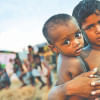
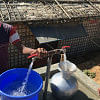
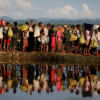
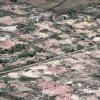
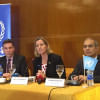


Comments